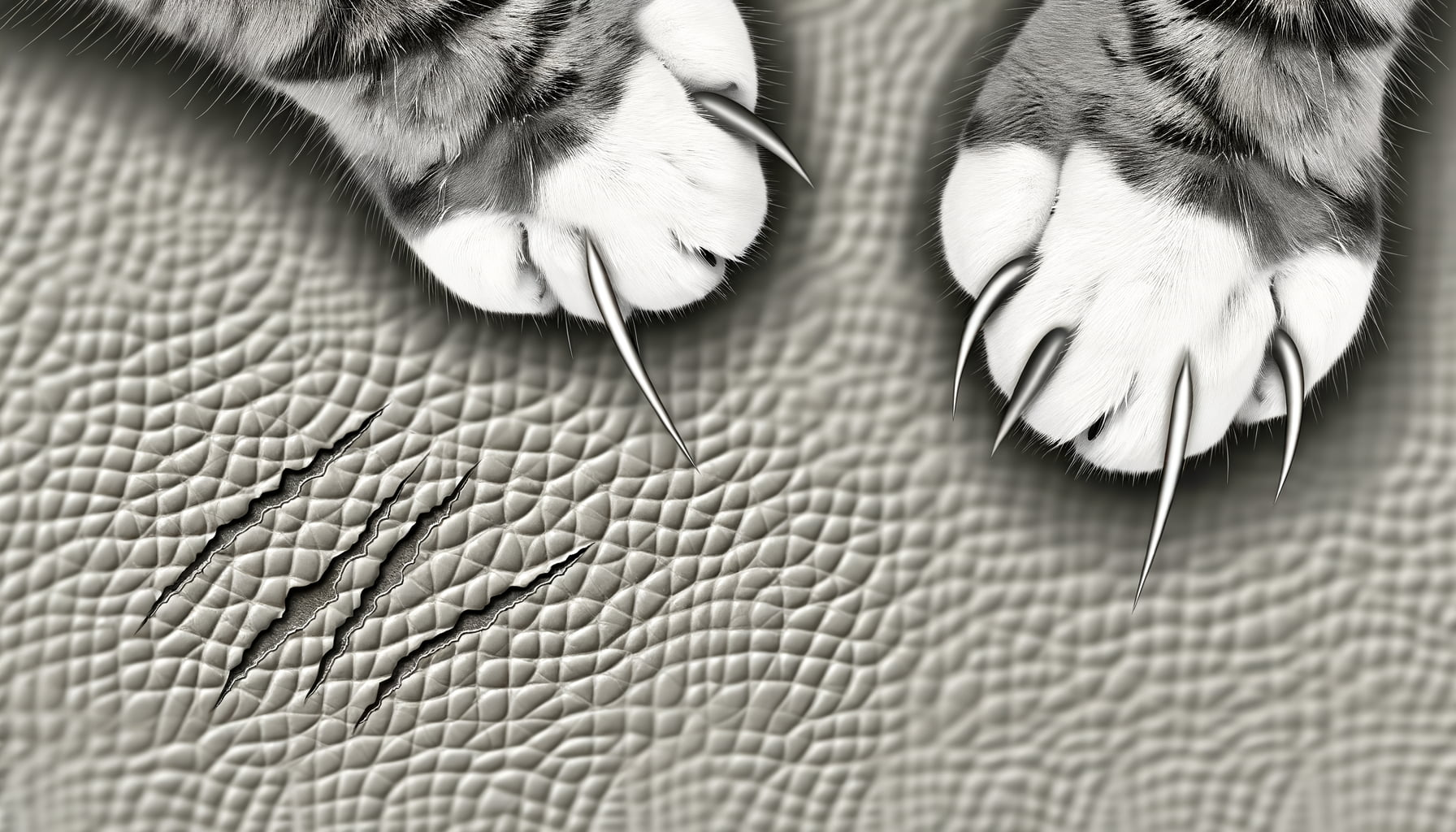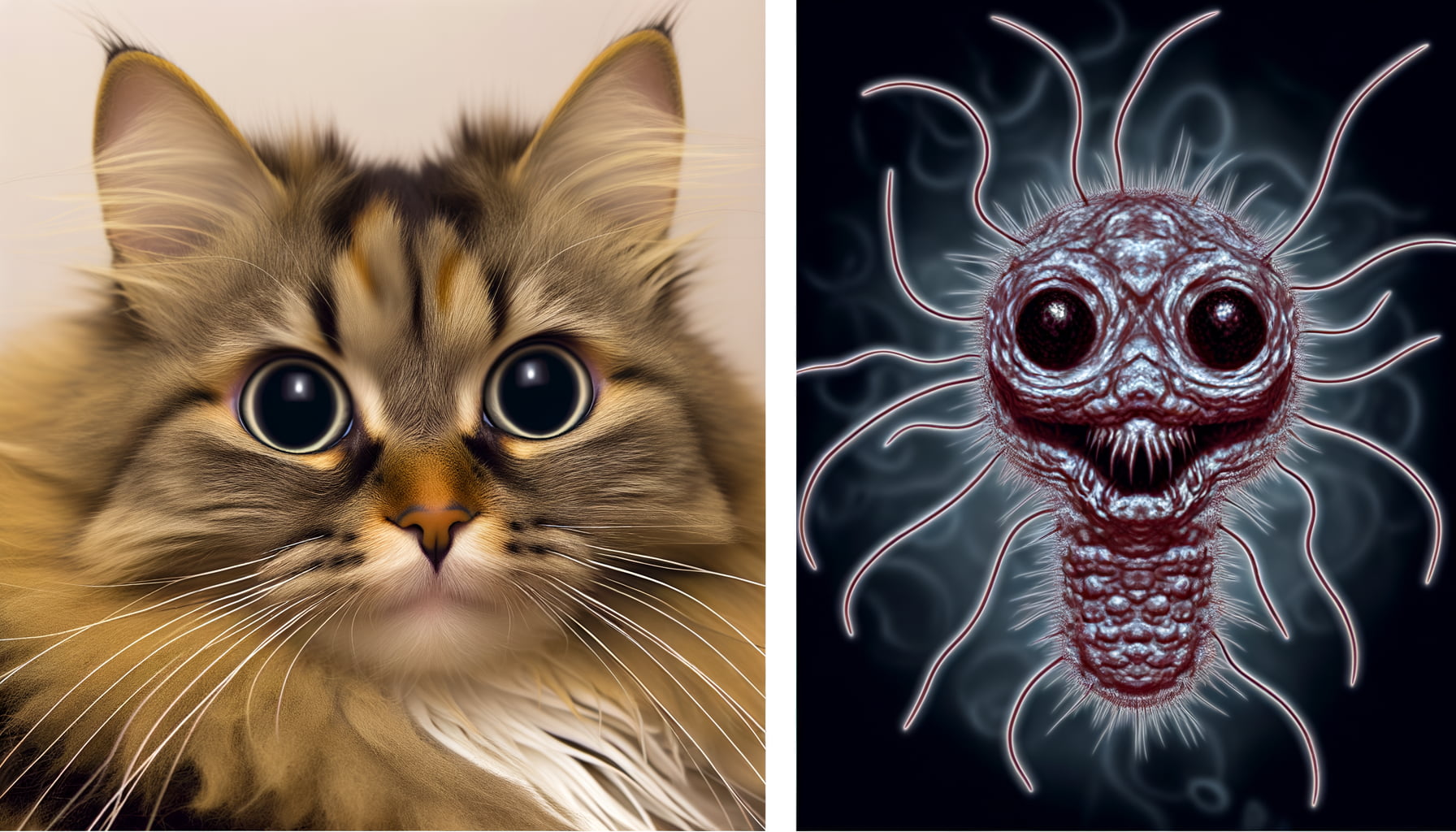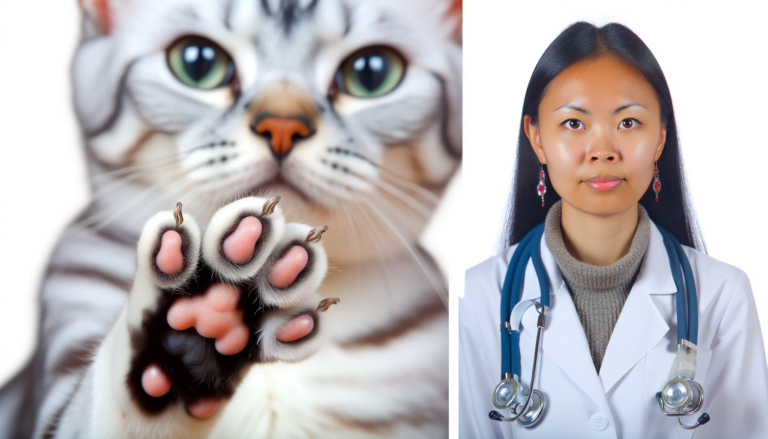Decoding the Myth: Are Cats Truly Harmful to Your Health?
While felines are cherished pets for many, they can potentially contribute to certain health concerns. Cats are carriers of a parasite called Toxoplasma gondii, which can cause toxoplasmosis in humans, particularly immunocompromised individuals, leading to flu-like symptoms and potentially serious complications. Additionally, some people may suffer from cat allergies, resulting in uncomfortable symptoms such as sneezing, itchy eyes, or asthma attacks. Finally, cats with sharp claws can sometimes scratch or bite, which can lead to infections if not properly treated. However, with responsible pet care and hygiene, these risks can be mitigated.
Risks of Cat Scratches and Bites

Cat scratches and bites are two of the more evident risks linked with feline interaction. While they may seem minor initially, untreated cat scratches can lead to a condition known as Cat-scratch disease (CSD). An infectious bacterium named Bartonella henselae, often found on cat’s claws, causes this disease. Symptoms might include a swollen lymph node near the scratch or bite site, accompanied by fatigue and mild fever.
Moreover, severe instances of cat bites could result in infection due to Pasteurella multocida, a bacterium commonly present in the feline oral cavity. This bacterium proliferates quickly, leading to swollen, red, and painful wounds often within few hours. Timely medical intervention is critical to forestall potential complications, such as septicemia or, in rare cases, meningitis.
Conversely, it’s essential to remember that not all cat interactions carry these risks. Following proper care and hygiene protocols and ensuring your cat’s overall health can largely mitigate the risks associated with cat scratches and bites. Regular vet check-ups, vaccinations, and deworming schedules also play a key role.
The Threat of Parasitic Infections from Cats

Cats are beloved pets worldwide. However, their potential to transmit parasitic infections requires attention. One such parasite is Toxoplasma gondii, causing an infection known as Toxoplasmosis. Cats commonly contract it by consuming infected rodents, birds, or other small animals.
Infected cats eliminate the parasites in their feces, which then becomes infectious after a day. Humans can contract Toxoplasmosis indirectly, for example, through gardening in contaminated soil or changing a cat’s litter box without wearing gloves. Most infected people are asymptomatic, but the parasite can cause severe health issues in immunocompromised individuals and during pregnancy.
However, visitors to homes with cats can reduce the risk of infection through simple hygiene practices. Washing hands thoroughly after contact with cats or their litter, and wearing gloves while gardening might decrease the risk substantially. It’s also advisable for pregnant women, or those with weakened immune systems, to avoid changing cat litter if possible. Responsible cat ownership, including regular check-ups and preventive treatments, is crucial in reducing the risk of these infections.
Mental Health Impact of Owning Cats

The relationship between felines and human mental health is a fascinating study, rendering an intriguing discourse in the realm of pet therapy. Certain studies suggest that owning a cat can significantly contribute to alleviating stress, anxiety, and depression. The gentle purring of a cat exudes a calming effect, helping to lower heart rate and reduce blood pressure. The snuggles and cuddles provide a sense of warmth and companionship, fostering emotional well-being.
Moreover, the act of petting a feline aids in stimulating the production of serotonin and dopamine, neurotransmitters known to boost positivity and happiness. Cat owners often report enhanced moods and reduced feelings of loneliness, thereby promoting mental stability. Coupled with the cat’s independent nature, such interactions do not impose high stress levels, as opposed to more demanding pets.
However, it’s important to balance these benefits with the potential stressors associated with cat ownership such as dealing with illnesses or behavioral problems. Therefore, while cats can indeed contribute positively to their owners’ mental health, nurturing a healthy relationship with these creatures complements these effects. They should not be seen as a universal remedy for mental health issues, but rather as a supportive and beneficial companion.
Understanding Allergies Linked to Cats

While it’s true that some individuals may experience allergic reactions to cats, attributing these allergic responses solely to our feline friends might not be entirely accurate. Allergic reactions stem from an immune response towards certain proteins found in cat dander, saliva, and urine. However, these reactions can vary greatly among individuals, ranging from mild symptoms such as sneezing and itchiness to more severe reactions such as asthma attacks; thus, the true danger lies in the severity of one’s immune response, not the presence of cats per se.
It’s necessary to note that not all cats produce the same amount of allergens. Factors such as age, breed, diet, and general health can influence a cat’s allergen production. Interestingly, male cats, particularly those that are unneutered, are known to produce more allergens than their female counterparts. Therefore, the potential allergenicity of a cat can be hard to predict.
Contrary to popular misconceptions, fur length and cleanliness have little to do with a cat’s allergenic potential. The most effective strategies for managing cat allergies include maintaining a clean home environment, using air purifiers, ensuring regular grooming of the cat, and consulting with a healthcare provider for potential allergen immunotherapy. Remember, understanding and managing allergens is a key step in fostering harmonious cohabitation with our feline companions.
Conclusion
After delving into the myth of cats being harmful to your health, it is evident that the evidence points to the contrary. Despite some risks associated with cat ownership, the benefits far outweigh them. From stress reduction to companionship, cats have been shown to have numerous positive impacts on their owners’ well-being.
By decoding the myth surrounding cats and their potential harm to health, it is clear that owning a cat can actually be beneficial for both mental and physical health. As with any pet, responsible ownership and hygiene practices are key in ensuring a harmonious relationship between humans and their feline companions.






